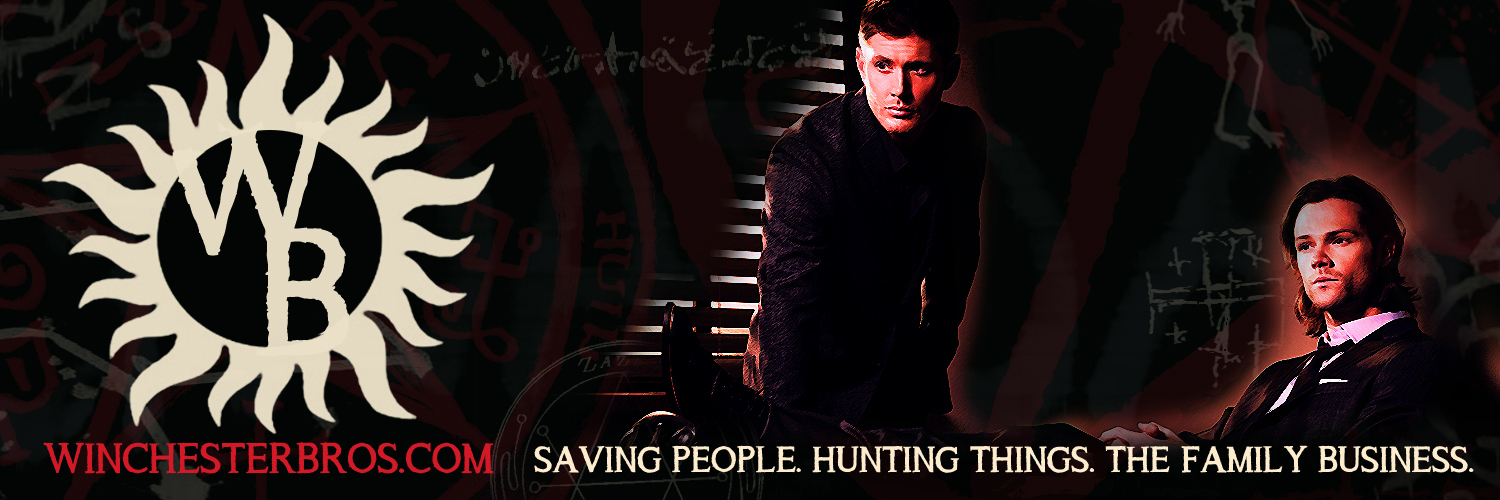By John Keegan
After a brief foray into the comedic, the writers for “Supernatural” return to darker continuity concerns in this episode. While the central “mission” is a bit thin, it doesn’t really matter. The episode was designed to convey exposition in a relative painless manner, and it did that job well.
Sam’s status as the yellow-eyed demon’s preferred leader for the demonic horde is once again confirmed, but Casey managed to provide a bit more detail. In broad terms, it’s intriguing to consider the notion that the demons would consider Lucifer as a deity with themselves as his chosen flock. It seems obvious in retrospect, but it provides a point of view. Demons aren’t simply evil for evil’s sake; they see themselves as the true holy children meant to inherit the Earth, because their god rebelled against God for preferring humanity.
It’s not a new thought, but one that provides context. Sam and the other children were modified to become the anti-Christ, the leader of the demons on Earth, to lead them to final victory against humanity. With the yellow-eyed demon gone and Sam rejecting his potential anti-Christ role, the demons have no leader. Some are still ready to follow Sam as their pseudo-deliverer, but others are taking the opportunity to vie for control or act on their own.
Casey makes an interesting point: the current situation is harder to combat because there is no common agenda to battle. With Sam in control, the demons would have been waging a more conventional war with a potentially identifiable front. That’s not the case, and in the meantime, the hunters are still blaming the Brothers Winchester for the consequences.
This unlocks several layers of perception regarding Sam. There may be nothing different about Sam after his resurrection, but the hunters believe it’s possible (or even probable, in Gordon’s case). The demons’ fascination with their supposed general keeps coming up, leading to questions and doubts. Sam wouldn’t have to be evil in the slightest, yet every questionable action could be framed, by others, as evidence of his conversion.
Meanwhile, Ruby has made herself useful for the brothers and Bobby, providing the information necessary to reboot the Colt and offering information. From her point of view, this is an incredibly smart plan of attack. If Sam remains on the side of the angels (the non-fallen variety), she gets to help weed out the competition until it becomes convenient to make a play against the Brothers. Once it gets out that Sam and his hunter allies are working with a demon, she may not have to lift a finger.
If Sam is vulnerable to darkness, however, she’s right there to serve as temptation (because she’s hot and she knows it) and serve as his loyal lieutenant when the time comes. Her current actions are clearly designed to seduce him to the dark side. I wouldn’t be surprised if she mentioned, relatively soon, that Dean’s little problem could go away if Sam simply took his place as the demons’ leader.
Which, of course, leads to the potential for Sam to play a gambit of his own. What if Sam knew that he could make the war against the demons easier and save Dean by serving as the demons’ general? Would he pretend to fall under the influence of his demonic legacy in the hopes of betraying the enemy? And if so, would he be able to control whatever that choice unleashed within himself? And would he be permitted or able to warn Dean before that choice was made?
All of that meshes nicely with the concept behind this episode’s demonic ploy. If Casey and the possession priest were able to nudge people to lives of excess, just on the basis of a conversation and some enabling, how much more would it take Ruby to influence Sam into making the wrong choice? For that matter, Dean had a nice, long conversation with Casey, and it gave him a lot to think about regarding Sammy. Perhaps the “mission” was so subdued to illustrate how harmful a “single conversation” can be.
The subtle aspects of the episode, and the larger implications for the season arc and mythology, make this a superior effort. None of the implications need to take place for the effect to remain the same; it’s the doubts and possibilities that will linger and create tension. Like the hunters, the audience will be watching Sam for signs of change and what Dean might do about his own suspicions. And we’ll be loving every minute of it.
Visit the Episode Discussion Thread to discuss this review.
